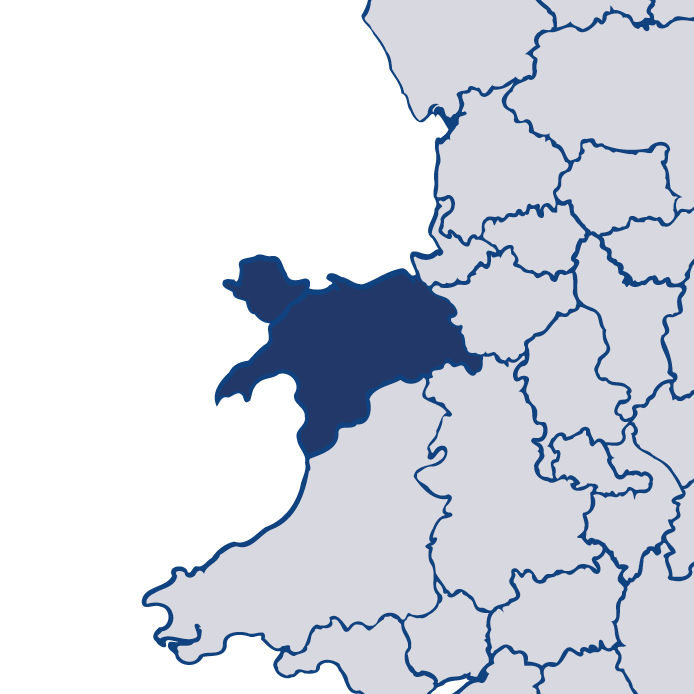North Wales 2017
Read more about North WalesThis is HMICFRS’ fourth PEEL (police effectiveness, efficiency and legitimacy) assessment of North Wales Police. PEEL is designed to give the public information about how their local police force is performing in several important areas, in a way that is comparable both across England and Wales, and year on year. The assessment is updated throughout the year with our inspection findings and reports.
The extent to which the force is effective at keeping people safe and reducing crime is good.
The extent to which the force is efficient at keeping people safe and reducing crime requires improvement.
The extent to which the force is legitimate at keeping people safe and reducing crime is good.
HMI's observations
Read my assessment of North Wales Police below.
I am satisfied with most aspects of North Wales Police’s performance in keeping people safe and reducing crime, but the force needs to make improvements in some areas to provide a consistently good service.
The force generally conducts thorough investigations and has made good progress in the way it protects vulnerable people. While it has taken positive steps to improve its crime recording since our 2014 inspection , it still needs to do more.
The force has a good understanding of demand and has made savings, but it does not use its resources to best effect and it needs to be more ambitious in its plans for the future.
Leaders demonstrate a clear expectation that its workforce will treat people fairly, but they need to improve external scrutiny to bring about the changes communities want.
The force has a strong ethical culture and is committed to the wellbeing of its workforce. However, it needs to do more to identify and develop the most talented officers and staff. The overall standard of North Wales Police’s performance has improved since last year and the force has made some good progress, but there is more to do.
Effectiveness
How effective is the force at keeping people safe and reducing crime?
Efficiency
How efficient is the force at keeping people safe and reducing crime?
Legitimacy
How legitimate is the force at keeping people safe and reducing crime?
Other inspections
How well has the force performed in our other inspections?
In addition to the three core PEEL pillars, HMICFRS carries out inspections of a wide range of policing activity throughout the year. Some of these are conducted alongside the PEEL inspections; others are joint inspections.
Findings from these inspections are published separately to the main PEEL reports, but are taken into account when producing the rounded assessment of each force's performance.






